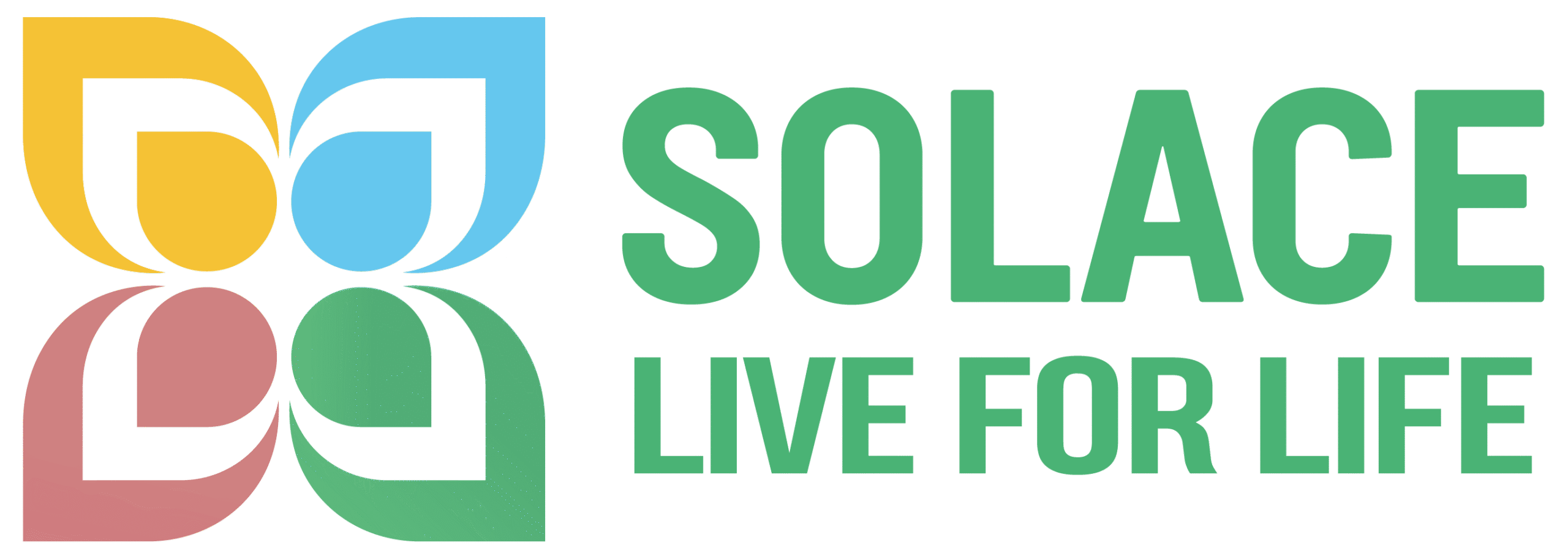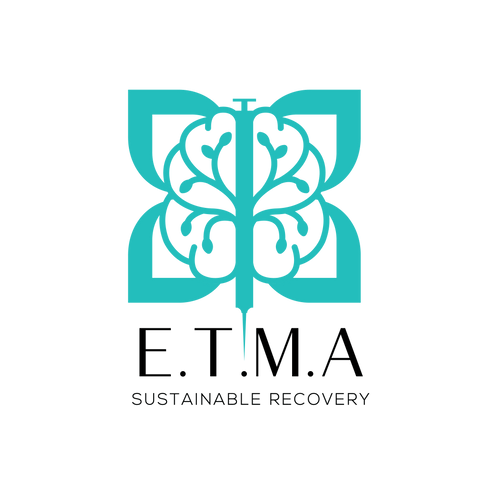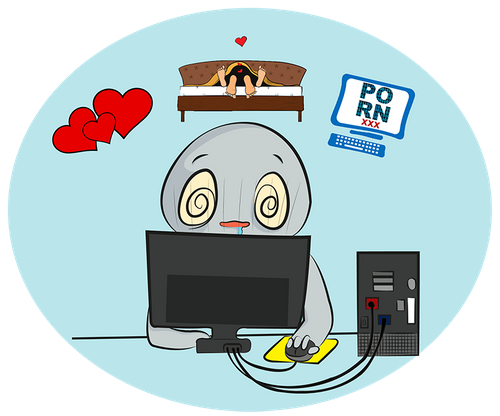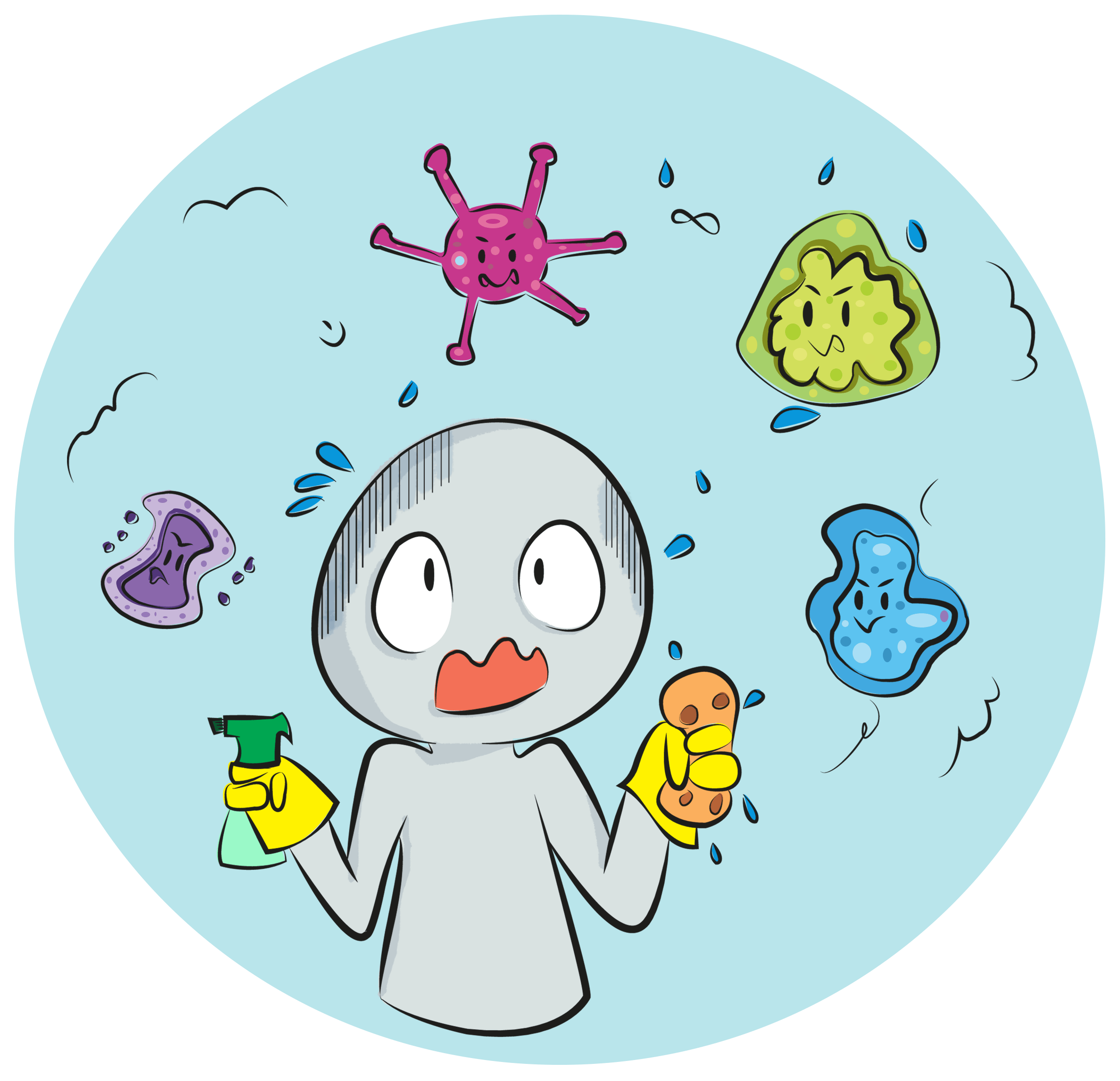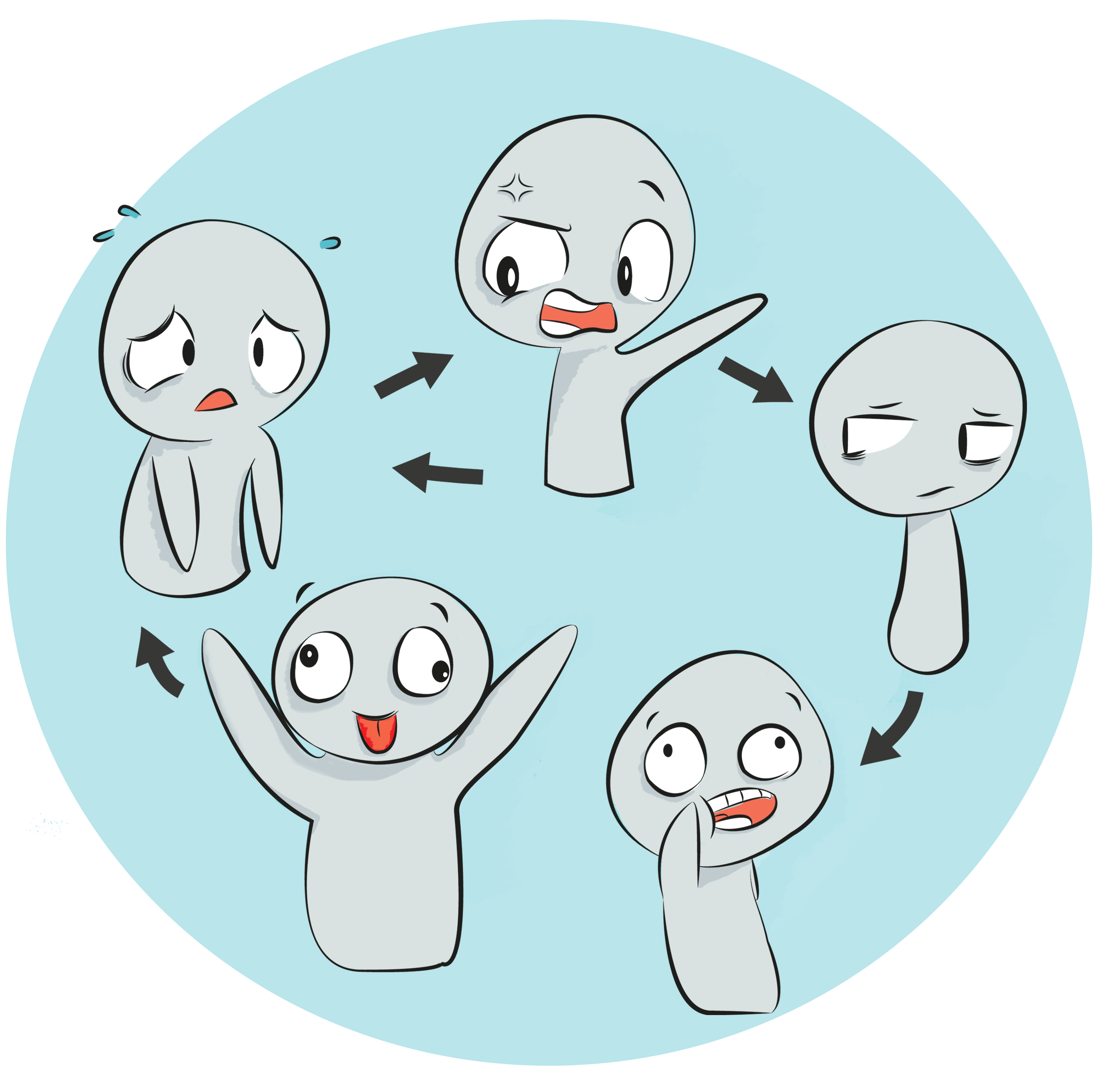Understanding PTSD and Addiction: A Comprehensive Guide
Life can be a rollercoaster of experiences, some of which leave lasting impressions. Among these, traumatic events can lead to conditions like Post-Traumatic Stress Disorder (PTSD). When PTSD intertwines with addiction, the situation becomes even more complex. This article aims to shed light on these intricate issues and introduce you to the mission of Solace Asia, a beacon of hope for those grappling with PTSD and addiction.
Understanding PTSD
PTSD is more than just the aftermath of a traumatic event. It’s a persistent state of heightened fear and anxiety that can drastically affect a person’s life.
What is PTSD?
Post Traumatic Stress Disorder (PTSD) is a serious condition that can develop after a person has survived unpleasant, dangerous, or frightening incidents. PTSD is a condition that can be caused due to immense psychological stress, fear, agony, physical, or sexual assault; unexpected death of near ones, war, accident, or natural disaster.
Most of the people who have lived a traumatic condition might undergo stress, fear, shock, anger, nervousness, and even guilt. But in people with PTSD, these emotions grow to such an extent that it starts affecting them psychologically, holding them back from living a normal life. The gravity of the disease and duration differs in every person. Some people get cured within six months while others suffer a lot more.
Symptoms of PTSD
People with PTSD often experience flashbacks, nightmares, and severe anxiety. They may also feel constantly on edge, have trouble sleeping, or experience uncontrollable thoughts about the event.
Some of the symptoms of PTSD are:
- Reliving the traumatic experience
- Avoiding the places, people, or situations which remind the person of the traumatic incident.
- Hyper arousal symptoms such as irritability, anger, and difficulty in concentration etc. Alcohol and drug addiction falls in this category as PTSD sufferers might use these substances to avoid feeling the pain of the traumatic incident.
PTSD and Addiction: Why do people with PTSD turn to alcohol/drugs and why is the combination so dangerous?
The connection between PTSD and addiction is a complex one, often rooted in a person’s attempt to cope with overwhelming emotions. A combination of PTSD and addiction is dangerous. Alcohol is a central nervous system (CNS) depressant and can hence worsen depression and anxiety in a PTSD affected individual.
PTSD sufferers might indulge in alcoholism and or other dangerous narcotics to overcome their pain, fear, and anxiety. Regular and prolonged use of these drugs would eventually yield to addiction.
Initially, alcohol and drug addiction may help a PTSD person forget the pain and fear associated with the traumatic incident. It might help them to sleep well. But, the positive effects of the drugs fade away gradually as the unpleasant memories continue their taunts. In fact, once the drugs wear off and the person regains sobriety, he/she will desperately want to take the drug again to feel the same relief.
Over time, this dosage will only increase leading to SUD (Substance Use Disorder). Substance addiction worsens the problems and the person might find themselves in the face of the following symptoms:
- Risky behavior
- Fights
- Aggression
- Depression
- Paranoia
- Anxiety
- Unprotected sexual behaviour
- Family problems
However, with the help of psychiatric professionals or rehab centers, PTSD and addiction can be treated and cured together.
Recognizing the Signs of PTSD and Addiction
Recognizing the signs of PTSD and addiction is the first step towards seeking help. Early intervention can make a significant difference in recovery outcomes. People struggling with PTSD and addiction may exhibit a range of symptoms. These can include intense flashbacks, avoidance of certain places or people, changes in mood or personality, and increased use of substances.
Recognizing these symptoms early can lead to quicker intervention and better recovery outcomes. It’s like catching a small fire before it engulfs an entire building.
Can PTSD and addiction be treated together?
People with PTSD and addiction need immense support and encouragement from family members as they might be reluctant to get treatment. Approaching the trauma directly may in turn cause more trauma. Such patients should be treated by professionals who understand how PTSD and addiction interact with one another and how one, lies at the core of the other. In the case of PTSD, addiction was the surface symptom that hid an underlying PTSD.
PTSD sufferers need to undergo abstinence from their addiction before tackling issues of trauma. For the stability of recovery is required to face the truths of the past, which may be overwhelming and traumatic for those who are ill prepared in facing it. The person should be treated with intense care in a highly equipped center with a highly experienced team. We at Solace Asia have the people and environment for making that happen for you or a loved one.
Treatment Options for PTSD and Addiction
There are several treatment options available for those struggling with PTSD and addiction. The key is to find a treatment plan that addresses both issues simultaneously.
Therapy, particularly cognitive-behavioral therapy (CBT), can be highly effective in treating PTSD and addiction. Medications may also be used to manage symptoms and support recovery. At Solace Asia, we offer a comprehensive treatment approach that addresses both PTSD and addiction. Our team of experts is committed to helping individuals regain control of their lives.
How Solace Asia Can Help
Solace Asia is more than just a rehabilitation center. We’re a community dedicated to supporting individuals on their journey to recovery. We offer a range of services, including individual therapy, group therapy, medication management, and holistic therapies like yoga and meditation.
Hearing from those who have walked the same path can be incredibly inspiring. We have aple of success stories from people who have that we can share with you. Here are some of the stories that can inspire you.
If you or a loved one is struggling with PTSD and addiction, don’t hesitate to reach out. Help is just a phone call away.
